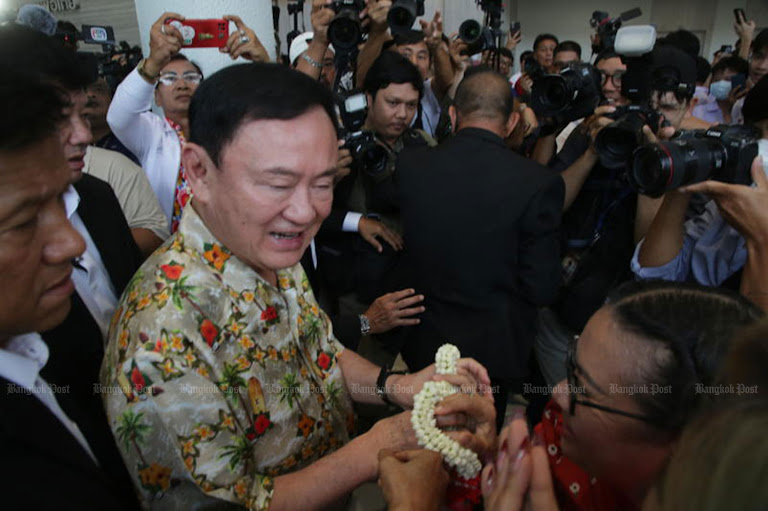Thaksin Defends Hospital Stay in Thailand Amid Favoritism Claims
Facing scrutiny over his extended hospital stay after a reduced sentence, Thaksin submits written defense amid preferential treatment concerns.

The ongoing saga of former Thai Prime Minister Thaksin Shinawatra continues as a tangled web of legal maneuvering, political maneuvering, and, of course, medical maneuvering. The latest development, as detailed in a recent Bangkok Post report, “Thaksin to skip court hearing on hospital stay”, centers around a court hearing investigating the circumstances of Thaksin’s hospital stay after his return to Thailand and subsequent eight-year sentence (later reduced to one via royal pardon). Thaksin, citing illness, will submit a written statement rather than appear in person. This, in itself, highlights the precarious balancing act at play.
What we are witnessing isn’t just a legal process, but a microcosm of the deeper tensions within Thai society. The questions surrounding Thaksin’s health and his near-immediate transfer from prison to a hospital VIP room speak to a fundamental concern about equity and fairness within the justice system. Is this standard operating procedure, or are we seeing the flexing of power and influence? The involvement of Thaksin’s daughter, Paetongtarn Shinawatra, as the current Prime Minister, only adds another layer of complexity to this already intricate political tapestry.
The Pheu Thai Party, now the core coalition party, has carefully distanced itself from the case, citing concerns about contempt of court. This strategic silence speaks volumes. While the legal inquiry unfolds, the political ramifications are undeniable. Public perception, fueled by skepticism about preferential treatment, will continue to shape the narrative regardless of the court’s findings.
The key issues at the heart of this case are:
- The legitimacy of Thaksin’s health claims and their impact on his detention.
- The Department of Corrections' rationale for extending his hospital stay beyond the standard 120 days.
- The optics of a powerful figure seemingly circumventing the usual experience of incarceration.
- The potential for this case to further polarize Thai politics.
The courtroom isn’t the only battleground. This is a struggle for the narrative, a fight to define justice and accountability in a system often perceived as skewed towards the elite. The government’s insistence that Thaksin’s hospital stay is a legitimate form of detention rings hollow to many, especially given the reported cost of his accommodations. Even if legally sound, such disparities fuel distrust and erode public confidence in the rule of law.
The Thaksin saga isn’t about one man’s health; it’s a stress test for Thai democracy, a probing examination of the delicate interplay between law, power, and public perception.
The court’s inquiry, whether it yields definitive answers or not, has already illuminated these fault lines. The real question is whether the system can adapt and address these concerns, or whether they will continue to fester, threatening the very foundations of Thailand’s political landscape.









